Indigenous Governance Database
Land/Jurisdiction
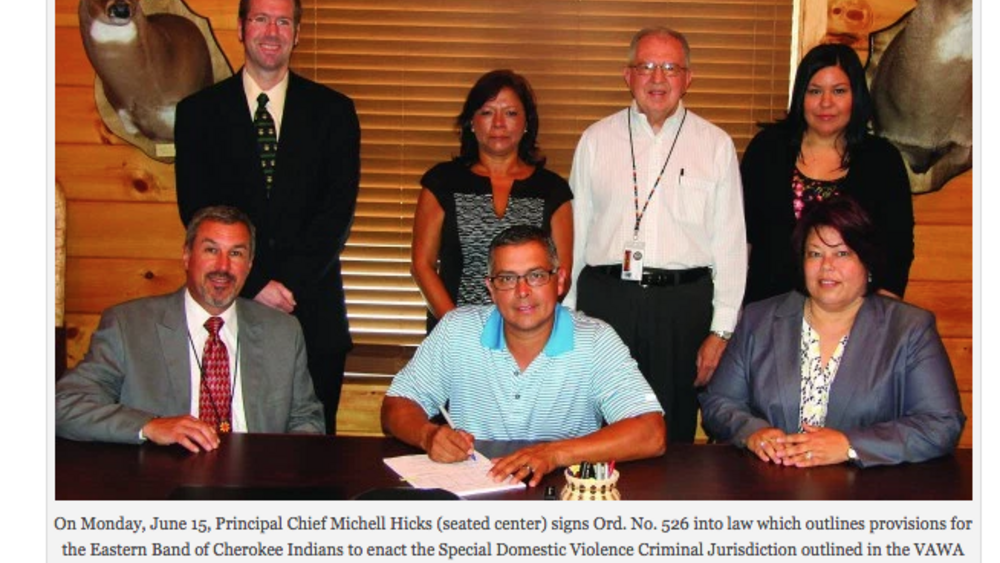
Tribe asserts DV jurisdiction over non-Indians
The U.S. Department of Justice has reported that American Indian women “are more than 2.5 more likely to be raped or sexually assaulted than women in the USA in general”. The DOJ also reports, per its Bureau of Justice Statistics, that at least 70 percent of the “violent victimizations experienced…
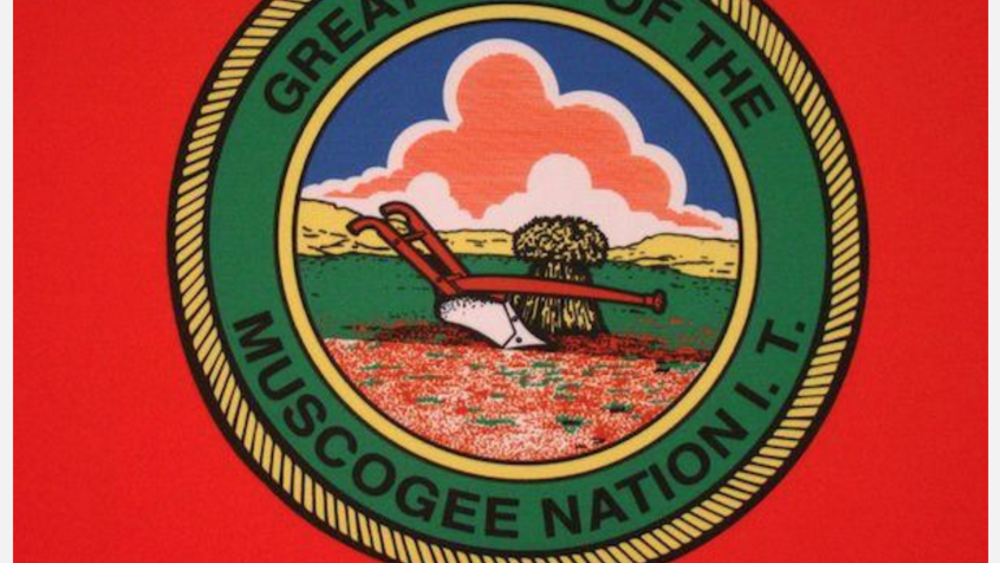
Muscogee (Creek) Nation Creates Conservation District With USDA
The Muscogee (Creek) Nation, working with the U.S. Department of Agriculture (USDA), has established a conservation district, the two entities announced on November 19...
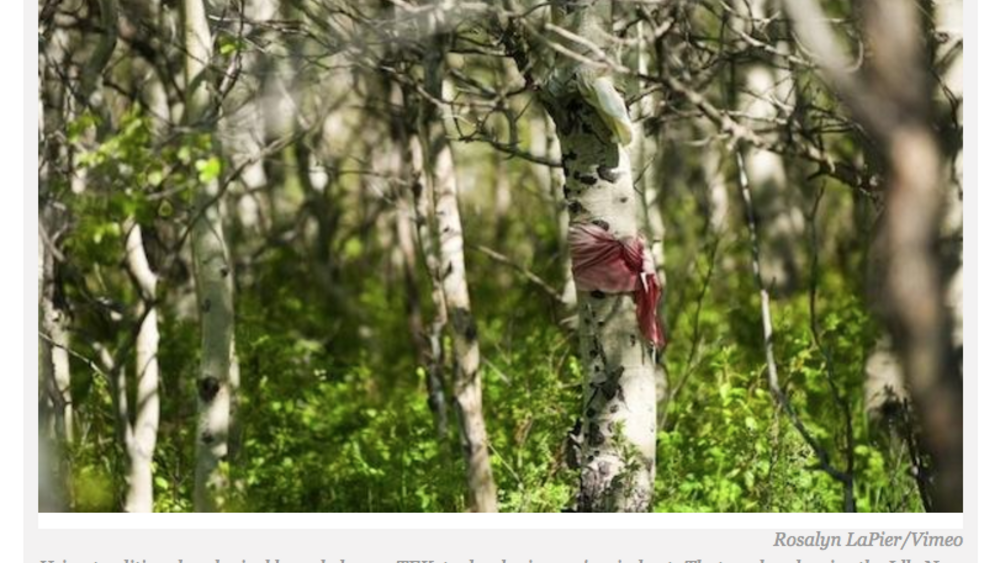
Idle No More: Decolonizing Water, Food and Natural Resources With TEK
Watersheds and Indigenous Peoples know no borders. Canada’s watershed management affects America’s watersheds, and vice versa. As Canada Prime Minister Stephen Harper launches significant First Nations termination contrivance he negotiates legitimizing Canada’s settler colonialism under the guise…
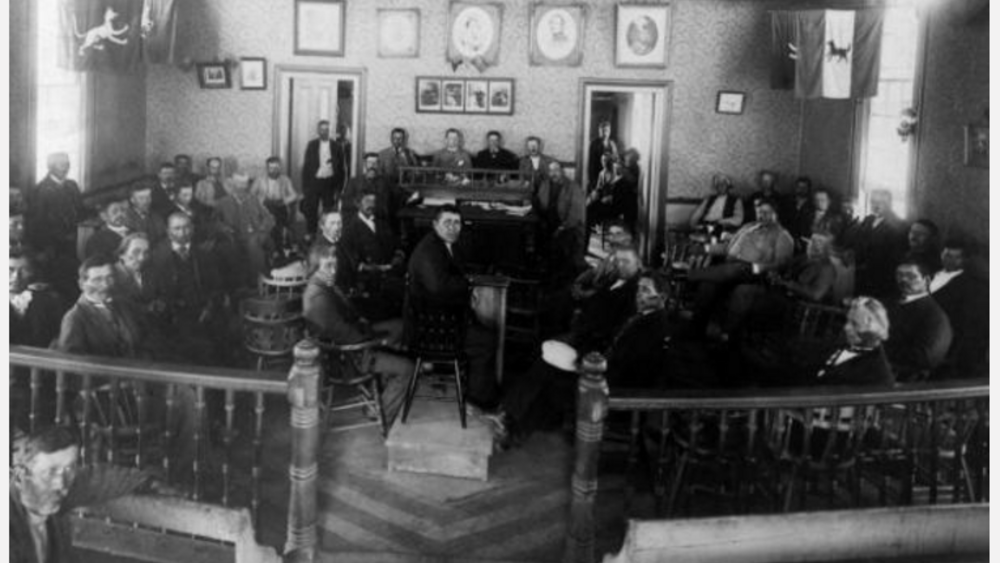
Political Autonomy and Sustainable Economy
A unique attribute of Indian political ways was noted early on by colonial observers. Indians, Indigenous Peoples more generally, were engaged in everyday political action as full participating community members. Every person had the right to be heard. Decisions were made through discussion and…

BIA Head Kevin Washburn Speaks to ICTMN About Bay Mills and the Need to Resolve Water Rights
Interior Secretary — Indian Affairs Kevin K. Washburn was in New York City in September as the historic Peoples’ Climate March and the United Nations General Assembly opened its 69th regular session with the first World Conference on Indigenous Peoples, where he added to our excitement here at…

The Unintended Consequences of Disenrollment
For most of the modern tribal self-determination era, American Indian nations have emphasized inclusion. Starting in the early 1970s, higher tribal membership numbers equated to higher federal self-determination dollars. As tribes otherwise redoubled their efforts to reverse the destruction caused…
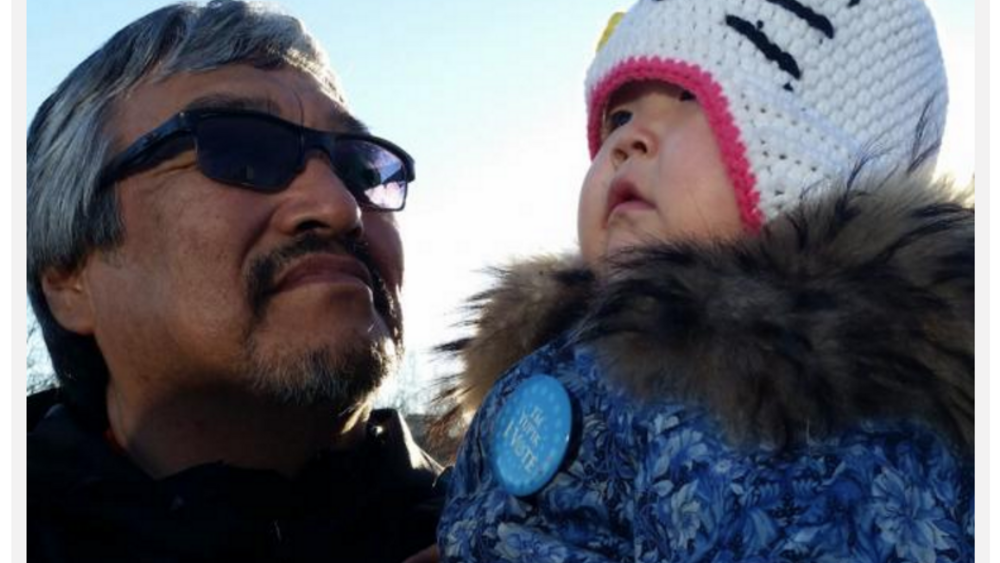
New Inter-Tribal Fish Commission Formed to Give Alaska Tribes a Say
Alaska reminds me of Washington state. Let me qualify that. Alaska reminds me of Washington state before the mid-1970s. Back then the region was deeply divided over treaty rights, salmon, and even the definition of what it meant to be an American Indian in modern times. The official state…
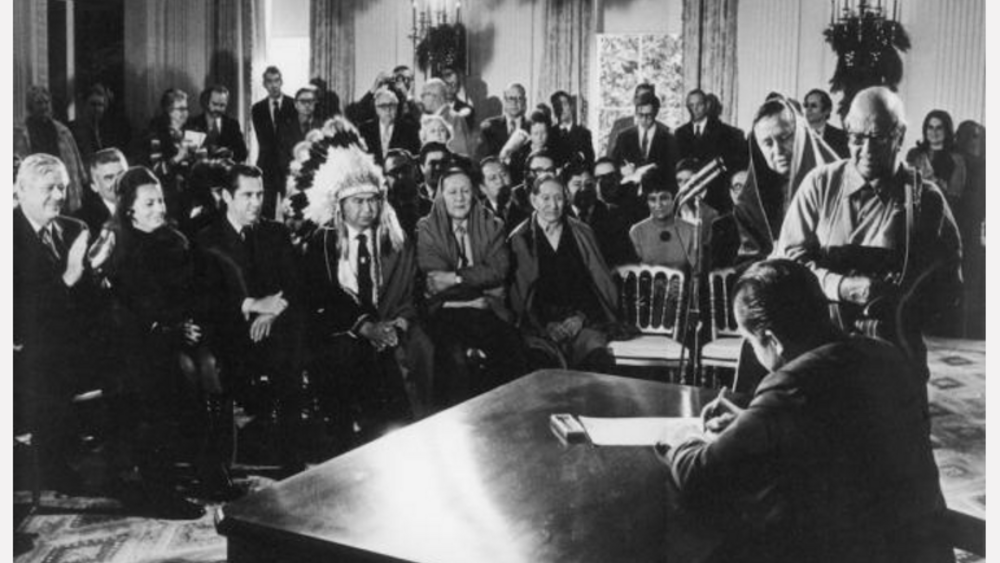
What Is Indigenous Self-Determination and When Does it Apply?
Self-determination is an expression often used in discussion of indigenous goals. However, the meaning of self-determination varies among Indigenous Peoples, scholars, international documents, and nation states. The most common meaning of self-determination suggests that peoples with common…
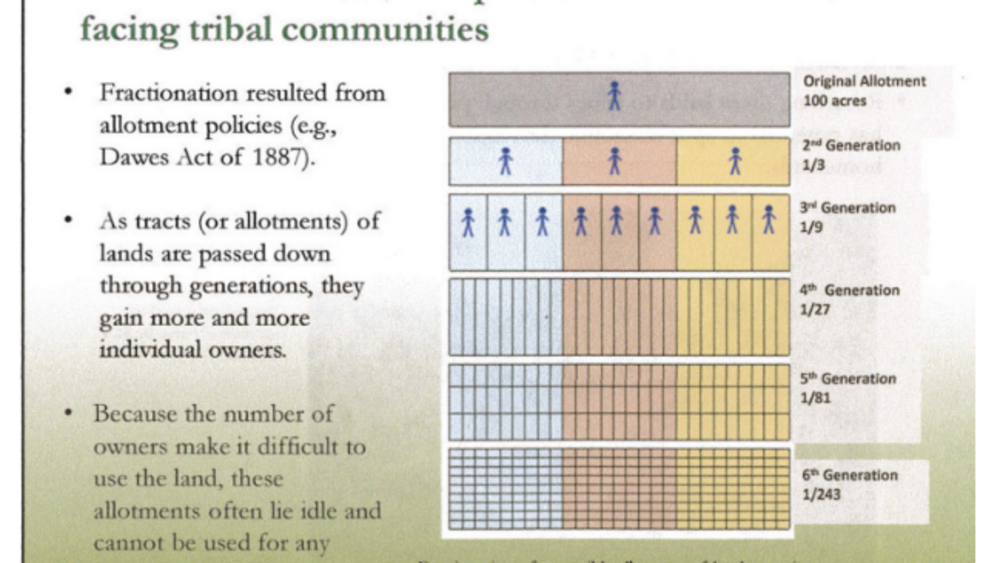
Osage Nation to receive $7.4 million in Cobell Land Buy-Back program
The Land Buy-Back Program for Tribal Nations has come to the Osage and the federal government is proposing $7.4 million to buy back fractionated land interest from individual tribal members. According to tribal development and land acquisition director Bruce Cass, who is working with Osage attorney…
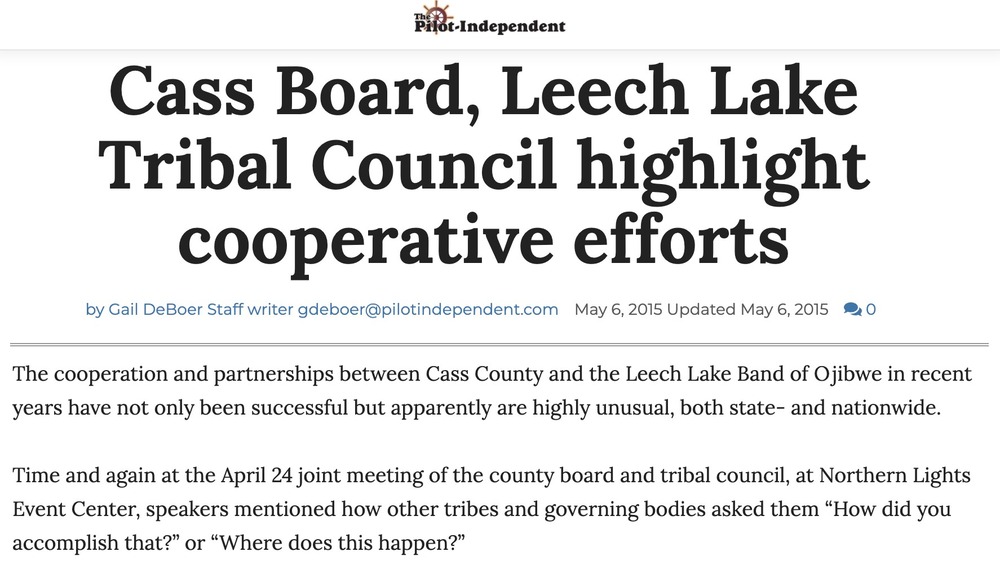
Cass Board, Leech Lake Tribal Council highlight cooperative efforts
The cooperation and partnerships between Cass County and the Leech Lake Band of Ojibwe in recent years have not only been successful but apparently are highly unusual, both state- and nationwide. Time and again at the April 24 joint meeting of the county board and tribal council, at Northern Lights…
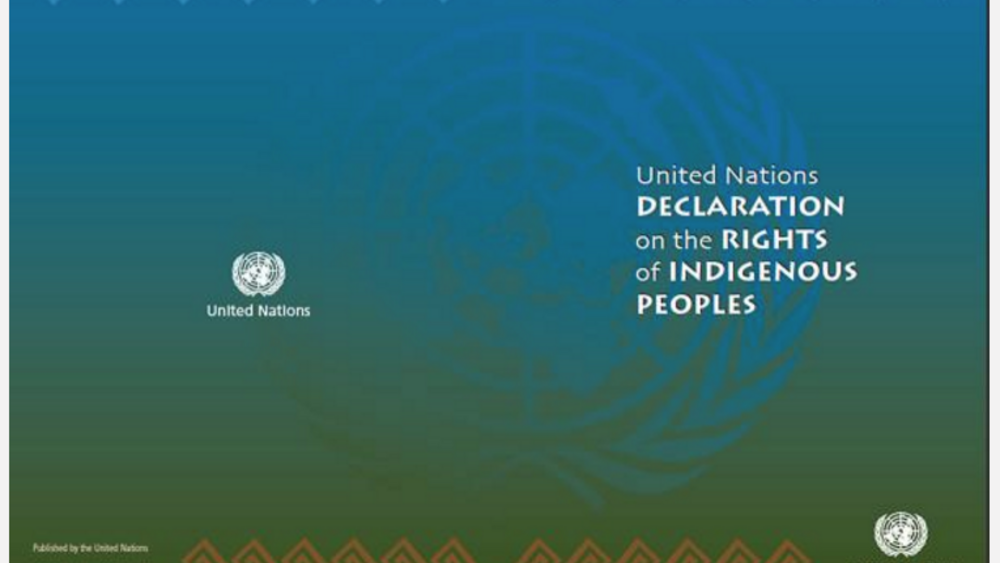
People Belong to the Land; Land Doesn't Belong to the People
The United Nations Declaration on the Rights of Indigenous Peoples (UNDRIP) does not recognize the right of indigenous nations to own land outside the laws and rules of national governments. According to international historical doctrines of discovery, Indigenous Peoples, non-Christian nations,…
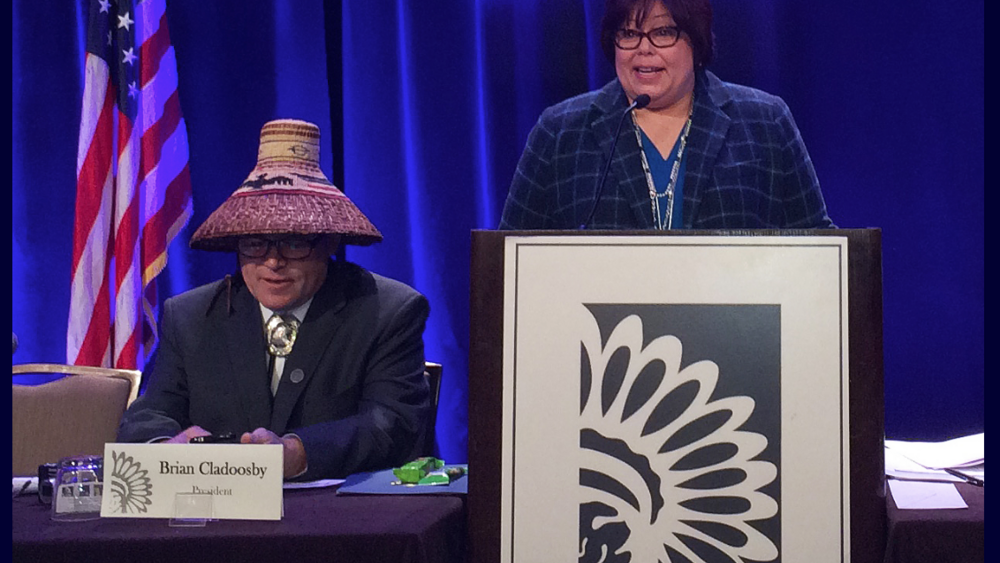
Tribes reach key milestone with jurisdiction provisions of VAWA
The tribal jurisdiction provisions of the the Violence Against Women Act became effective nationwide on Saturday, clearing the path for non-Indians to be held accountable for abusing their Indian partners. Congress enacted S.47 to recognize tribal authority to arrest, prosecute and punish non-…
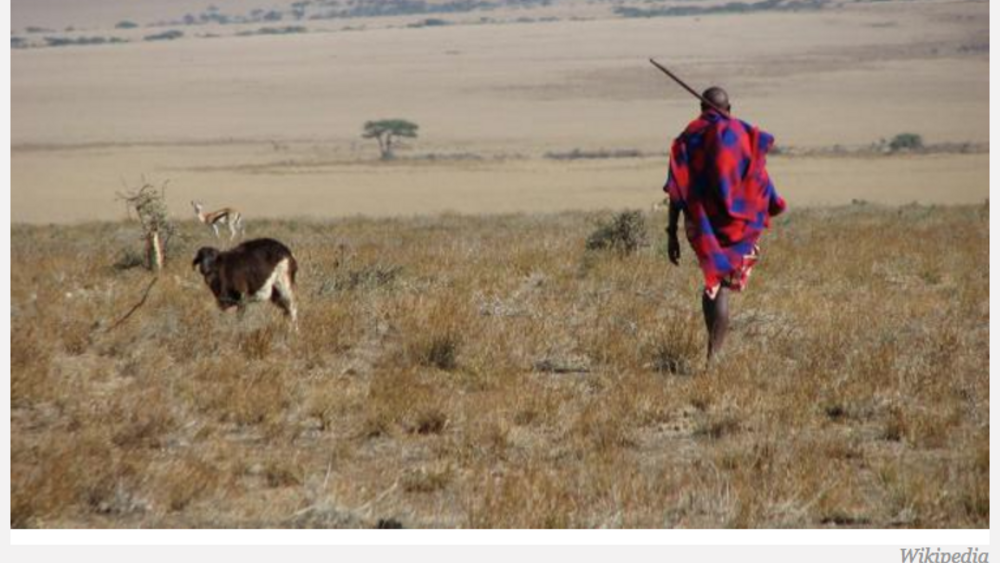
The Complex Relationships Between Nations States and Indigenous Nations
Contemporary indigenous nations are captured by a host nation state. The way in which the nation state legally, politically, and culturally defines and acts toward indigenous nations greatly affects the opportunities indigenous nations have for securing political autonomy, territory, and cultural…
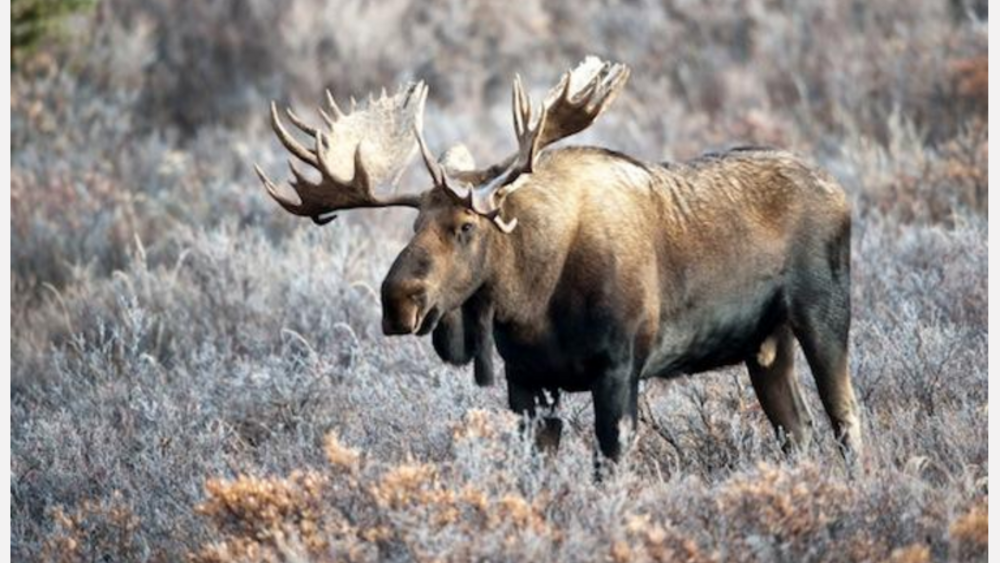
Minnesota Tribes Collaborate to Save State's Disappearing Moose Population
Tribal rights to natural resources in the Great Lakes states have been the subject of much attention. In 1999, the United States Supreme Court affirmed lower court rulings in favor of the Ojibwe of Minnesota and Wisconsin, which retained treaty rights in Minnesota’s 1837 Treaty ceded territory (…
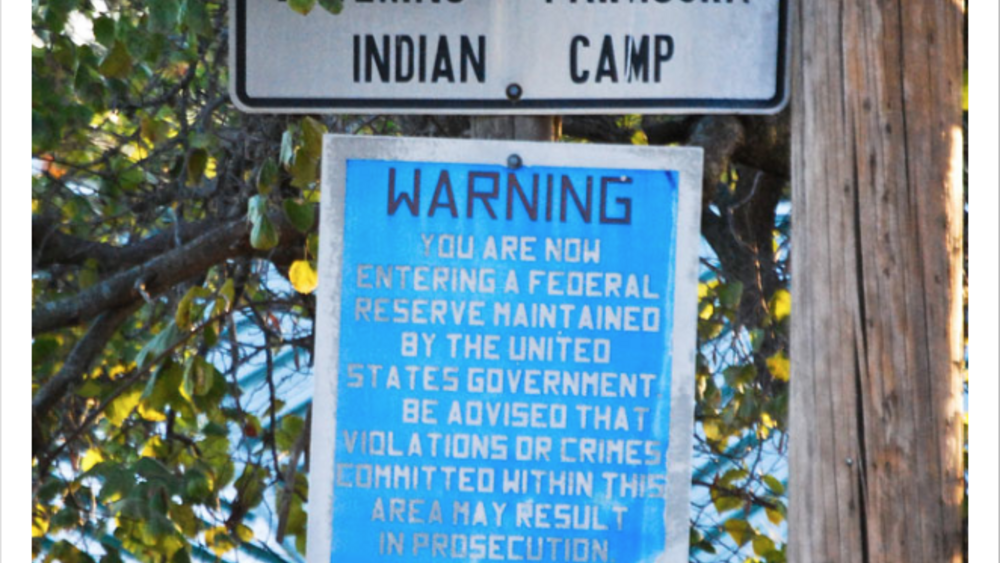
ON Congress passes five-year banishment bill targeting convicted drug dealers
Dangerous drug dealers convicted in the Osage Nation tribal court system are now subject to a mandatory minimum five-year banishment from the Nation’s jurisdiction. The Fourth ON Congress passed a bill (ONCA 15-31 sponsored by Congressman RJ Walker) on April 20 with a 7-4 vote putting the five to…
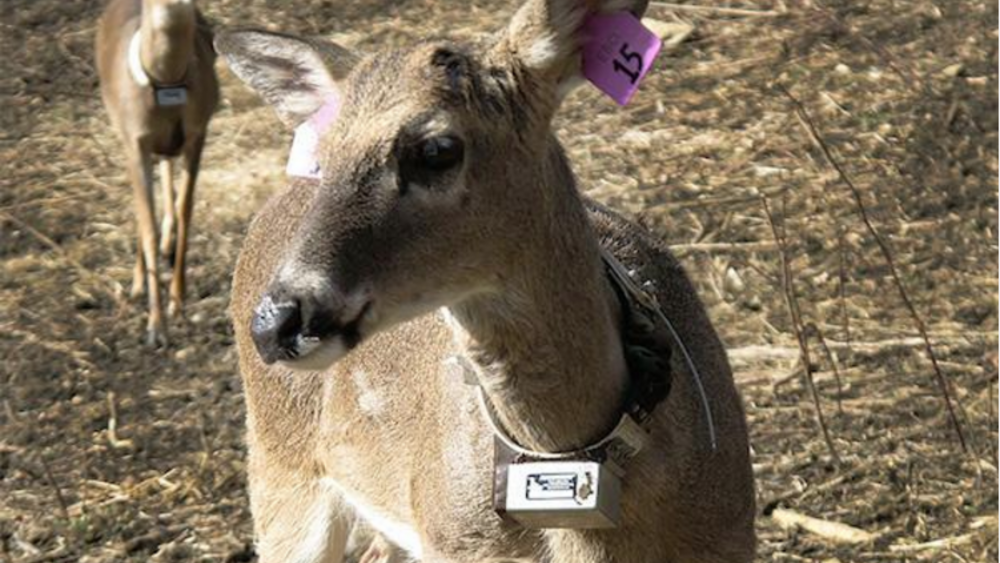
Eastern Band of Cherokee Replenishes Iconic White-Tailed Deer on Its Lands
The Eastern Band of Cherokee, deprived for centuries of the white-tailed deer that symbolizes their culture, are in the process of getting their icon back. Though deer are considered almost a pest in many parts, devouring gardens and proliferating, the Cherokee themselves, who have cherished the…
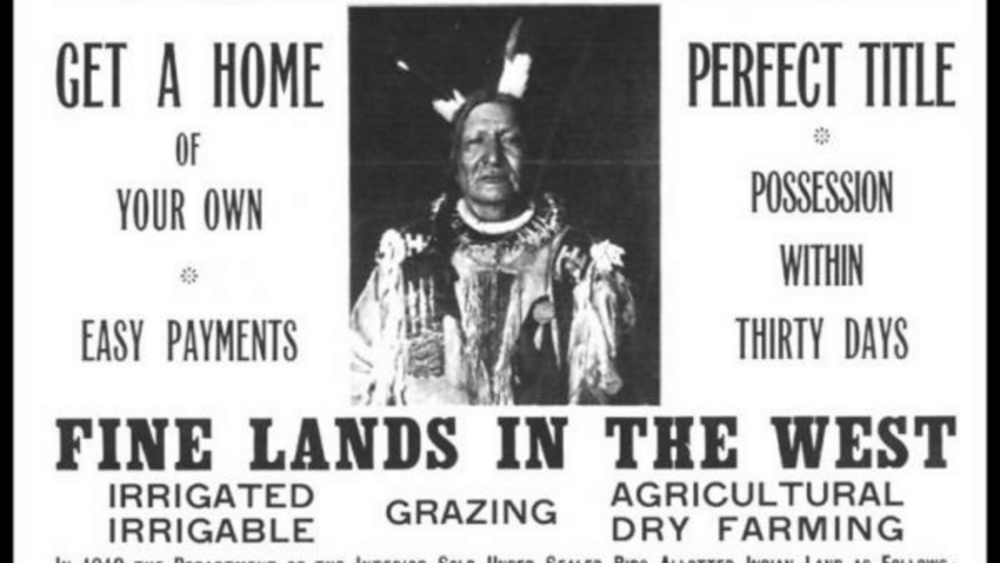
U.S. Land Rights for Indians?
There is an argument within federal-Indian law literature that suggests Indians could have more effectively protected land under U.S. law if they owned land in fee simple rather than under trust. There is better protection for private property under the U.S. Constitution than can be had from…
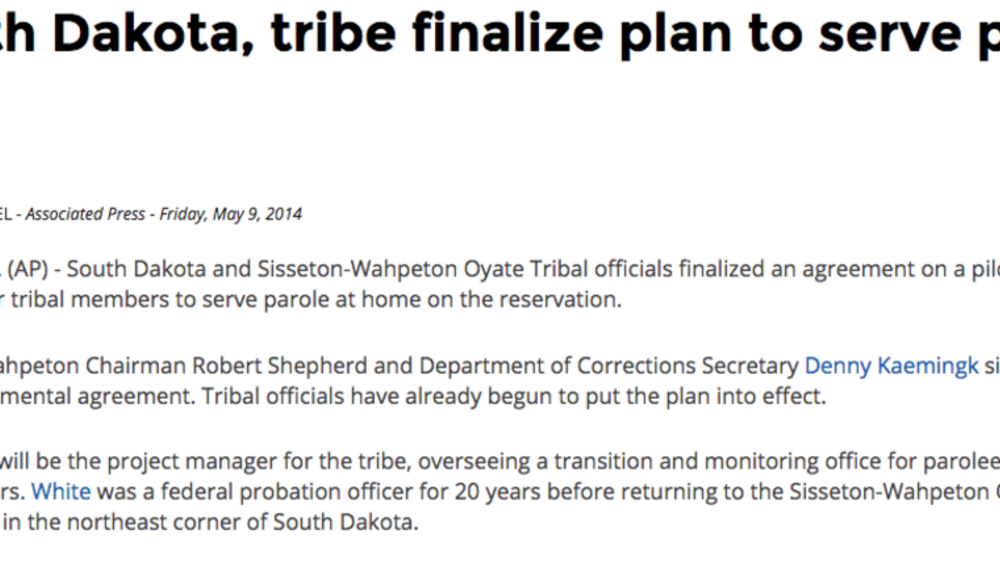
South Dakota, tribe finalize plan to serve parole
South Dakota and Sisseton-Wahpeton Oyate Tribal officials finalized an agreement on a pilot program for tribal members to serve parole at home on the reservation. Sisseton-Wahpeton Chairman Robert Shepherd and Department of Corrections Secretary Denny Kaemingk signed the intergovernmental…
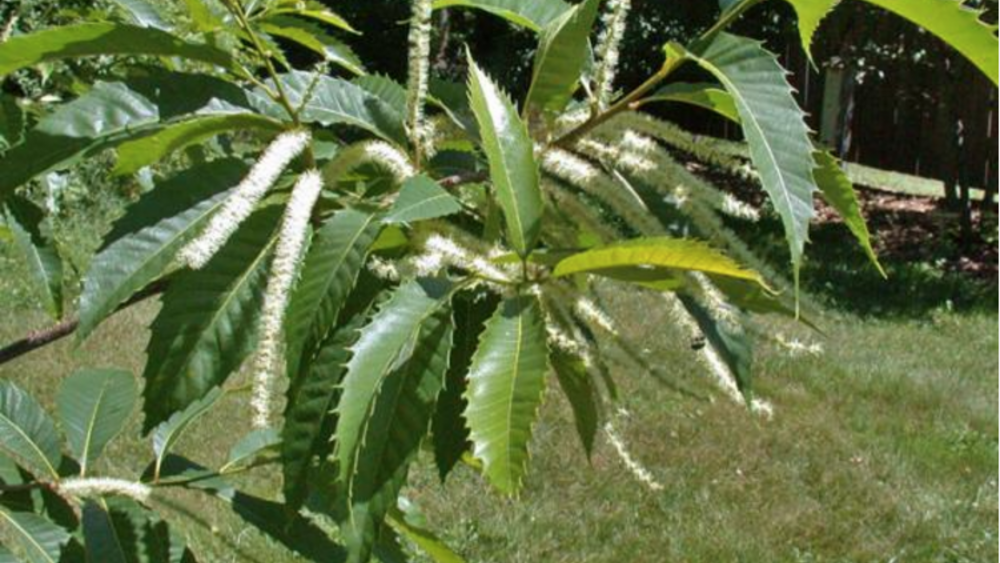
Seneca Nation Implements Native Plant Policy
The Seneca Nation of Indians are spearheading a movement to reintroduce more indigenous flora to public landscapes on tribal lands in Upstate New York. The tribal council unanimously approved a policy that mandates all new landscaping in public spaces on Seneca lands exclusively be comprised of…
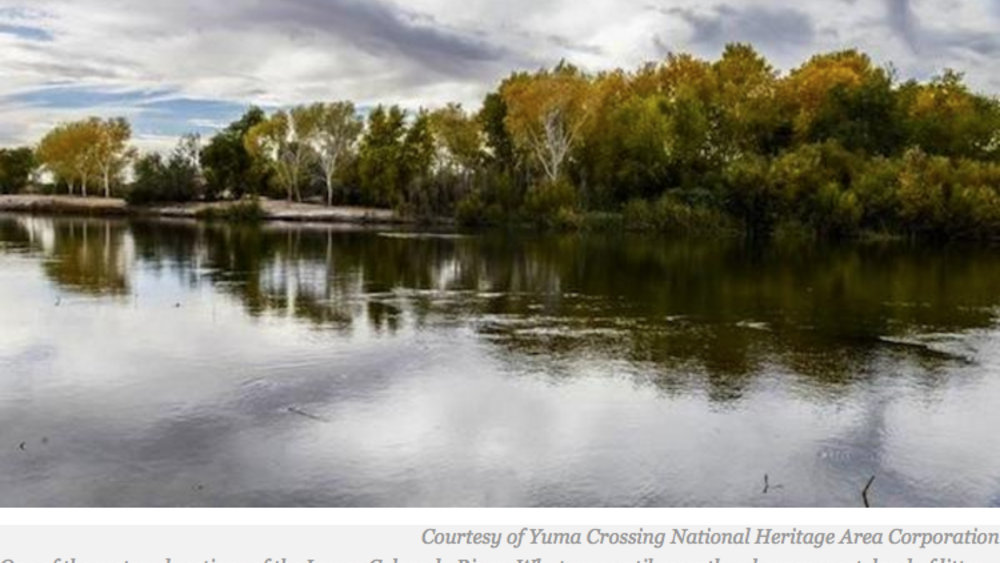
Tribal Transformation: Quechan Help Bring Lower Colorado River Habitat Back to Life
The Colorado River, once home to riverboats and a source of liquid sustenance to many, has been referred to as America’s Nile, the most important river in the Southwest. Until recently a section of the lower Colorado with the city of Yuma on one side and the Quechan Indian tribe on the other was a…
Pagination
- First page
- …
- 5
- 6
- 7
- …
- Last page
